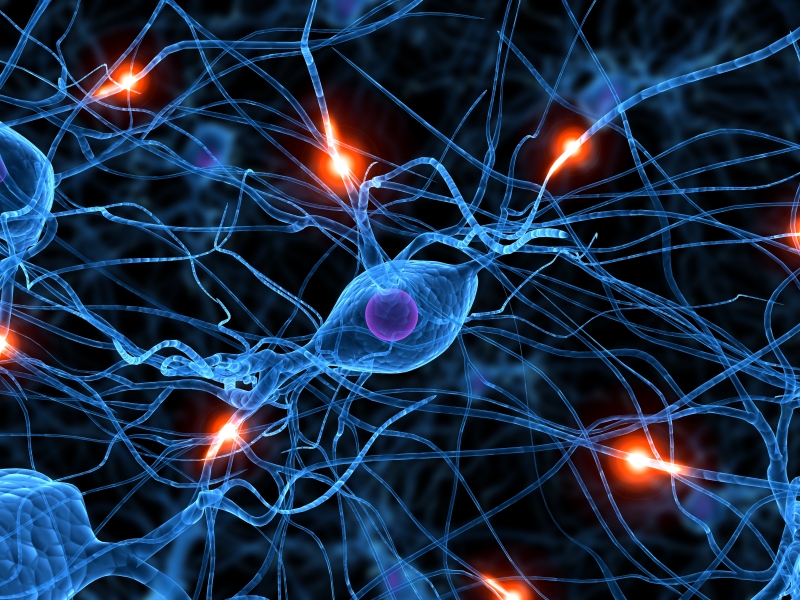No it’s not a misspelling, though I do have to wonder why it needed the double pp Perhaps just to distinguish itself like Siimon Reynolds is different from all the other Simons in the world.
But there is one particular feature you need to know about this protein besides its unusual name: it encourages the death of our neurons in certain neurological conditions such as Alzheimer’s disease, stroke and traumatic brain injury.
Appoptosin is what they call a Beta amyloid precursor protein.
While you may have 86 billion or so neurons, it’s a good idea to keep as many of them intact as possible to maintain your cognition and memory across your lifespan.
It is because appoptosin has been recognised for it’s involvement in neuronal death in neurodegenerative disease that it provides researchers with an opportunity to see if they can find a way to stop appoptosin from exerting its effect.
Before explaining how this protein exerts its effect, consider this; every year in the States over 1.7 million people sustain a traumatic brain injury, an injury that disrupts normal brain function and if severe can be associated with permanent disability or death.
In the U.S. Army traumatic brain injury has been called one of the “signature injuries” of troops injured in Afghanistan and Iraq. While professional sports people and athletes are well aware of the risks of head injury and concussion.
In other words there is “a lot of it about” especially traumatic brain injury, both severe and relatively minor. Not every one who gets a blow to the head will necessarily end up with severe problems, but there is an associated increased risk of epilepsy and risk of both Alzheimer’s disease and Parkinson’s disease.
So how does appoptosin cause brain cells to die?
In the body the protein appoptosin helps the body to produce haem, the molecule vital for transporting iron in the blood; hence haemoglobin.
In certain conditions such as traumatic brain injury and Alzheimer’s disease and stroke, the amount of appoptosin rapidly and significantly increases. As with many substances in the body having the right amount of appoptosin is what matters; too much and it becomes toxic. In excess, haem leads to a physiological cascade, producing higher levels of free radicals and peroxides which are associated with cell damage and triggering the mechanism of apoptosis. This is another of those “apo” words this time with no double p’s, and is the term for the pathways leading to neuronal death in neurodegeneration.
Of course having too little appoptosin is not good either as it could lead to anaemia.
Professor Huaxi Xu at the Sanford-Burnham Del E Webb Neuroscience, Aging and Stem cell research centre has been studying appoptosin and in mouse studies discovered that inhibiting the action of appoptosin prevented neuronal death. The question now is to find a suitable compound that can modulate the activity of appoptosin (without causing other problems such as anaemia) as this could lead to other forms of potential treatments for Alzheimer’s or other neurodegenerative disease.
Being prepared to think outside the box in this way provides researchers the opportunities to resolve current unsolvable problems in a different way.
The other message is of course that we need to take traumatic brain injury (TBI) very seriously because this is a common injury that can affect anyone of any age. If it becomes possible to prevent some of the serious neurological sequelae associated with TBI with these potential new treatments it will provide the chance of improved recovery and a more normal life for those affected.
As Einstein said ” We cannot solve our problems with the same thinking that created them”.
Ref:
Zhang H, Zhang YW, Chen Y, Huang X, Zhou F, Wang W, Xian B, Zhang X, Masliah E, Chen Q, Han JD, Bu G, Reed JC, Liao FF, Chen YG, & Xu H (2012). Appoptosin is a Novel Pro-Apoptotic Protein and Mediates Cell Death in Neurodegeneration. The Journal of neuroscience : the official journal of the Society for Neuroscience, 32 (44), 15565-15576



